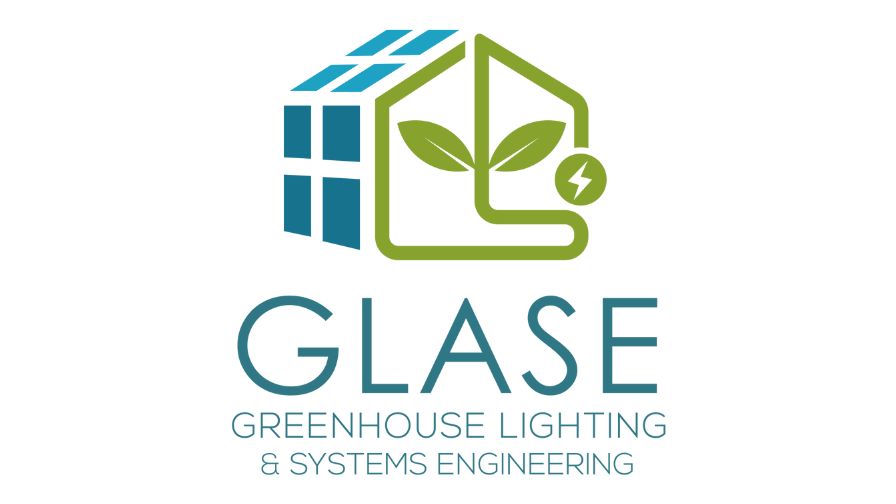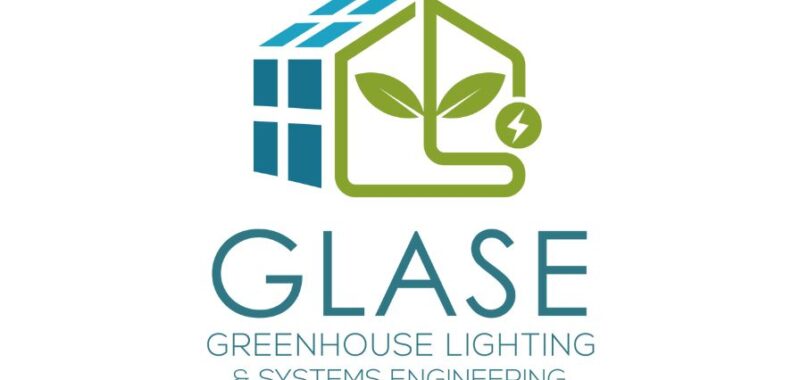
Greenhouse Lighting and Systems Engineering | GLASE
Cornell University’s Greenhouse Lighting and Systems Engineering (GLASE) consortium is thrilled to announce the USDA National Institute of Food and Agriculture (NIFA) is investing in a GLASE workforce development initiative.
The E-GROW Project
The Empowering Greenhouse Resiliency with an Optimized Workforce (E-GROW) project is designed to inspire and develop youth competency in agricultural technology (AgTech) and Controlled Environment Agriculture (CEA). In partnership with seven project collaborators and 10 middle and high schools across four U.S. states, E-GROW will launch a certificate program, preparing the next generation for careers in the rapidly evolving field of CEA.
“Young people are a solution to the greenhouse industry’s labor challenges. CEA offers a vehicle for STEM education and presents an interesting career opportunity for youth to envision for themselves. GLASE is expanding our credible education and training model to serve learners entering the workforce development pipeline,” shares Gretchen Schimelpfenig, Executive Director of GLASE.
The project will bridge the gap between technology and agriculture, specifically focusing on automation in greenhouse climate control, robotics and AI for crop science, and energy and economic benchmarking of vertical farms. Through innovative, non-formal educational modules and experiential learning, E-GROW seeks to attract tech-savvy STEM students and foster a deeper understanding of AgTech in food production.
Piloting the Future Workforce
Starting in 10 schools across New York, Pennsylvania, Virginia, and Wyoming, E-GROW will reach between 500 and 1,000 students throughout the project. The program places a particular emphasis on engaging student populations traditionally underrepresented in STEM fields, including rural youth, low-income students, young women, ethnic minorities, and individuals with disabilities.
Dr. Neil Mattson, a professor at Cornell University, adds, “GLASE and Cornell University are pleased to lead this interdisciplinary project to engage and develop the next generation of agriculture technology leaders. Whether or not a student ultimately pursues a career in CEA, we believe this project can be a useful springboard for getting students engaged in plant science, engineering, and computer science. We are also pleased with the school and academic partnerships this project brings together in New York, Pennsylvania, Virginia, and Wyoming.”
“Commonwealth Charter Academy (CCA) is proud to be a partner in helping prepare today’s students to be the agricultural leaders of tomorrow,” says Crystal Huff, Director of AgWorks at CCA, a K-12 public cyber charter school serving more than 30,000 students and their families throughout Pennsylvania. “CCA is committed to ensuring that the 21st-century workforce has the skills and knowledge necessary to meet the growing needs and demands of our evolving agriculture industry. We must stay ahead of the curve and ensure students are well-prepared for the future economy.”
As part of the pilot, students will work toward earning a CEA certificate, equipping them with the skills and knowledge to enter the growing AgTech industry. A robust mentoring network of industry professionals and academic experts will guide students through the program, providing hands-on learning opportunities and career insights.
The full release and additional information on the E-GROW project can be found on the CEAg World website, along with more news coverage of controlled environment agriculture.

